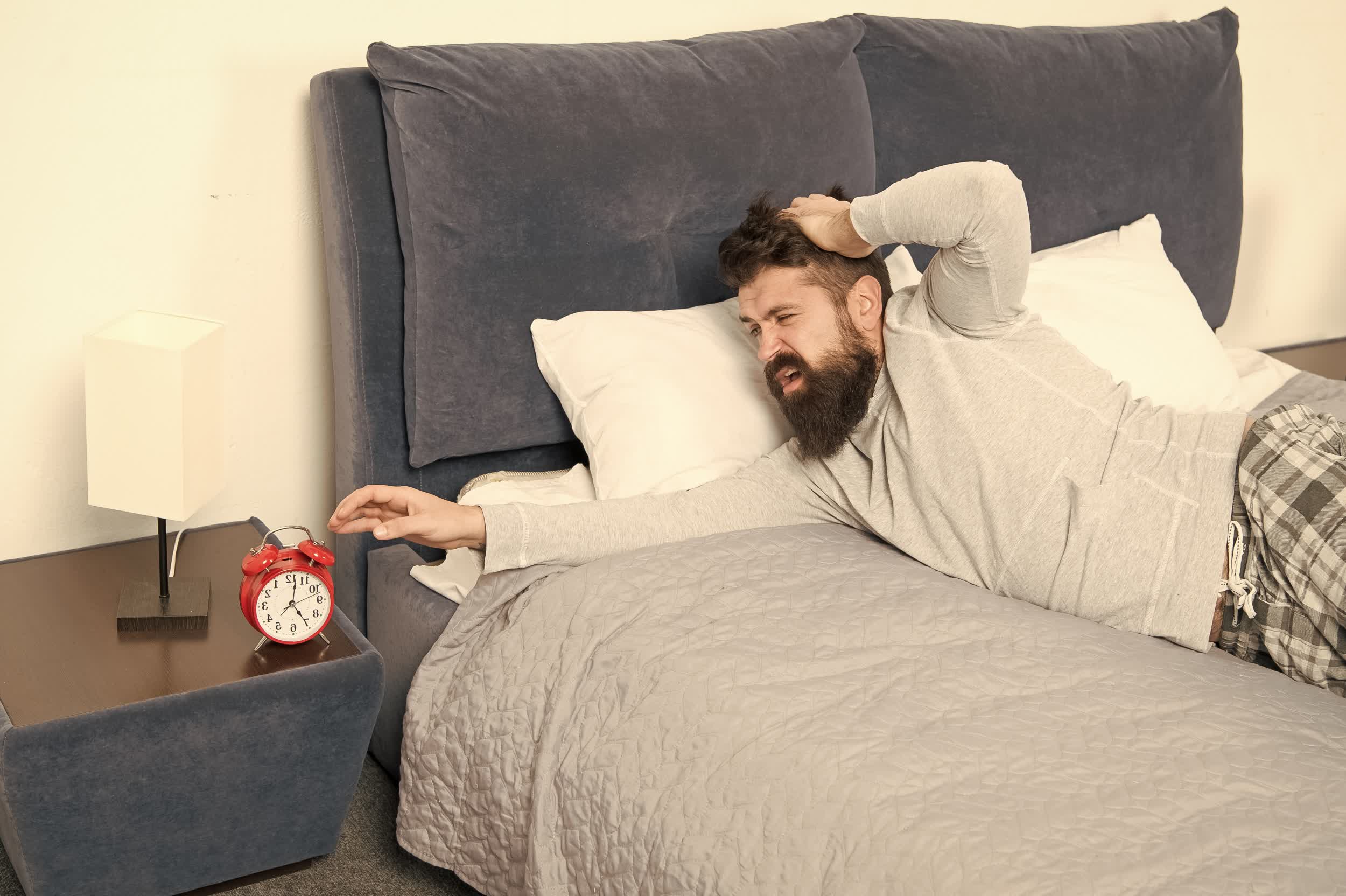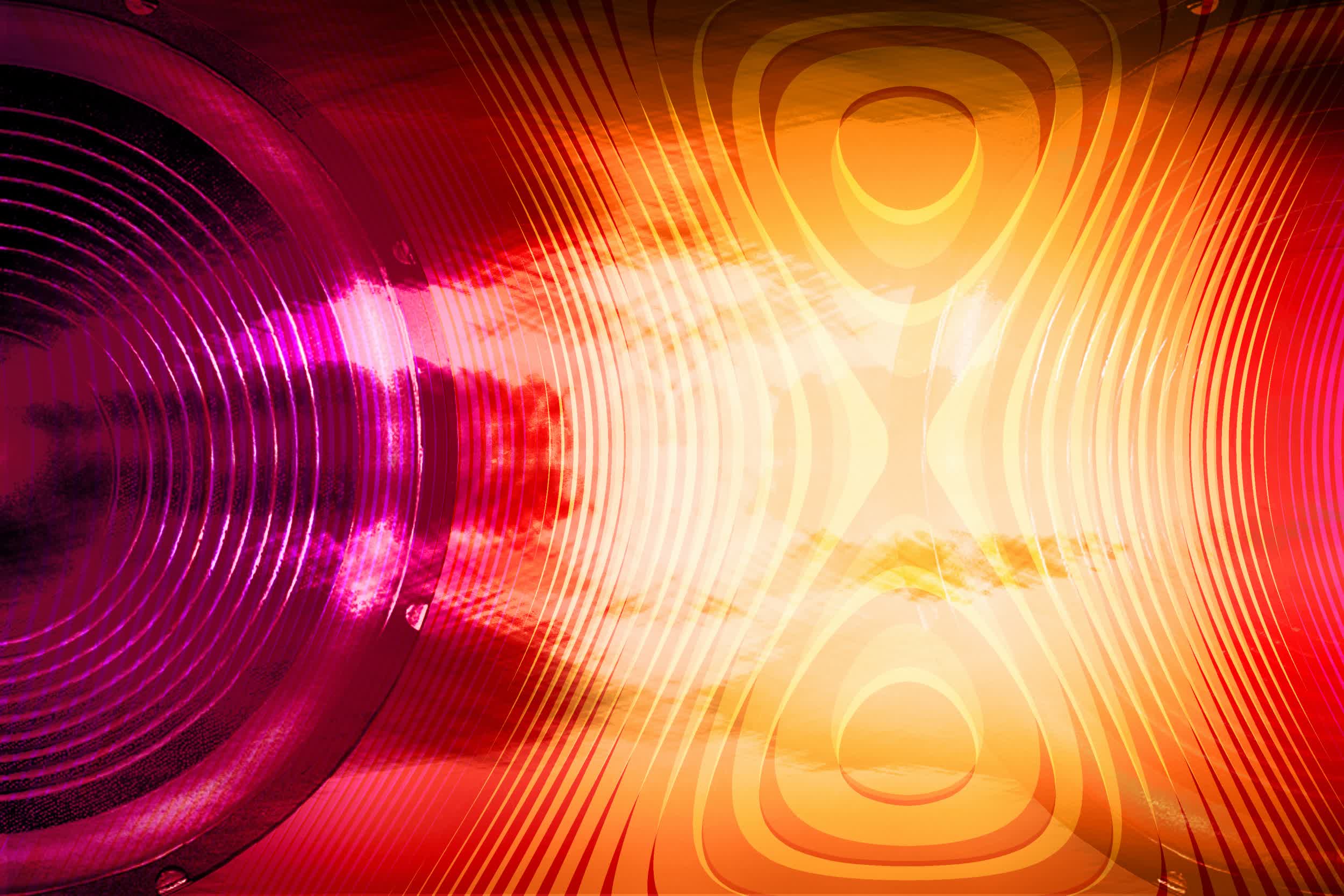In brief: Researchers at the Massachusetts Institute of Technology (MIT) have developed a novel way to monitor someone’s sleep posture without disrupting them, or even physically interacting with them at all.

The non-invasive approach uses radio waves, rather than physical sensors or cameras, to study a person’s sleep posture. A device mounted in the room sends our radio signals and measures how they bounce off objects, including humans.
Researchers feed the data to a custom neural network that is able to determine how a sleeper’s body is positioned. It’s accurate enough to differentiate between similar positions, such as if a user is lying on their right side versus simply being tilted slightly to the right.

To discern between reflections coming from a human versus those from static objects like a mattress or a dresser, and to help determine exact positioning, the researchers focused on breathing. They used the rising and falling of a person’s chest and belly during breathing as a marker to “tag” body reflections.
Shichao Yue, one of the researchers involved in the project, said that since the system only records essential information for detecting sleep posture, “it is nearly impossible for someone to infer other activities of the user from this data.”
Yue and colleagues are scheduled to show off the system during a presentation at the UbiComp 2020 conference on September 15.
Image credit: Just dance, steveball
https://www.techspot.com/news/86712-mit-developed-system-track-sleeping-positions-using-radio.html
